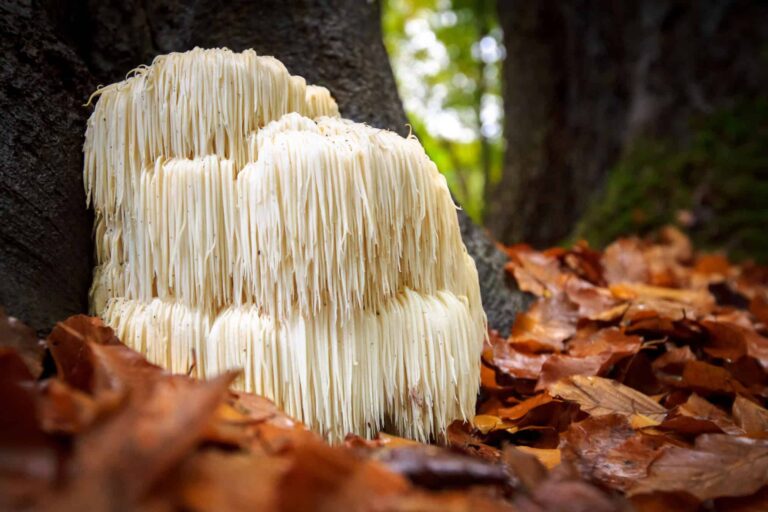
Diversity Unveiled: The Vast World of Fungi
Fungi constitute a kingdom of their own, distinct from plants, animals, and bacteria. With over 144,000 identified species and an estimated 2.2 to 3.8 million species yet to be discovered, the fungal kingdom is a realm of astounding biodiversity. From the towering mycorrhizal networks beneath our feet to the delicate mushrooms that grace the forest floor, fungi come in a staggering array of shapes, sizes, and functions.
Mycological Marvels: More Than Psychedelics
While psychedelic mushrooms like Psilocybe cubensis have garnered attention for their mind-altering properties, the world of fungi extends far beyond this niche. Let’s delve into the multifaceted roles that fungi play in our lives and ecosystems.
Ecosystem Architects: Fungi as Keystone Species
Fungi, often hidden from our view, play critical roles as keystone species in ecosystems worldwide. Their ability to form symbiotic relationships with plants, break down complex organic matter, and regulate nutrient cycles makes them indispensable to the health and balance of ecosystems.
The iconic fairy rings, formed by fungi in grassy landscapes, are a visible testament to the interconnected web of life orchestrated by these mycological architects. By sustaining biodiversity and maintaining ecological balance, fungi contribute to the resilience and sustainability of our planet.
Conservation and Challenges: Protecting Fungal Diversity
Despite their ecological importance, fungi face challenges such as habitat loss, climate change, and the spread of invasive species. Conservation efforts are crucial to preserving the rich diversity of fungi and their essential roles in ecosystems.
Mycologists, scientists specializing in the study of fungi, continue to explore and document the incredible diversity of fungal species. Citizen science initiatives and collaborations between researchers and enthusiasts contribute to our understanding of fungi and aid in conservation efforts.
Conclusion: Embracing the Fungal Symphony
As we conclude our journey into the fascinating world of fungi, let us marvel at the complexity and beauty of this kingdom that extends far beyond the psychedelic mushrooms that often captivate our imagination. From the intricate dance of mycorrhizal networks to the culinary delights and medicinal wonders they offer, fungi enrich our lives in myriad ways.
Embrace the fungal symphony that plays out in our forests, under our feet, and even in our kitchens. Whether you’re an aspiring mycophile or simply curious about the wonders of the natural world, the world of fungi invites you to explore, appreciate, and protect the intricate web of life that fungi help sustain.
COPYRIGHT © 2023 · MADE WITH LOVE IN COLORADO. ALL RIGHTS RESERVED.